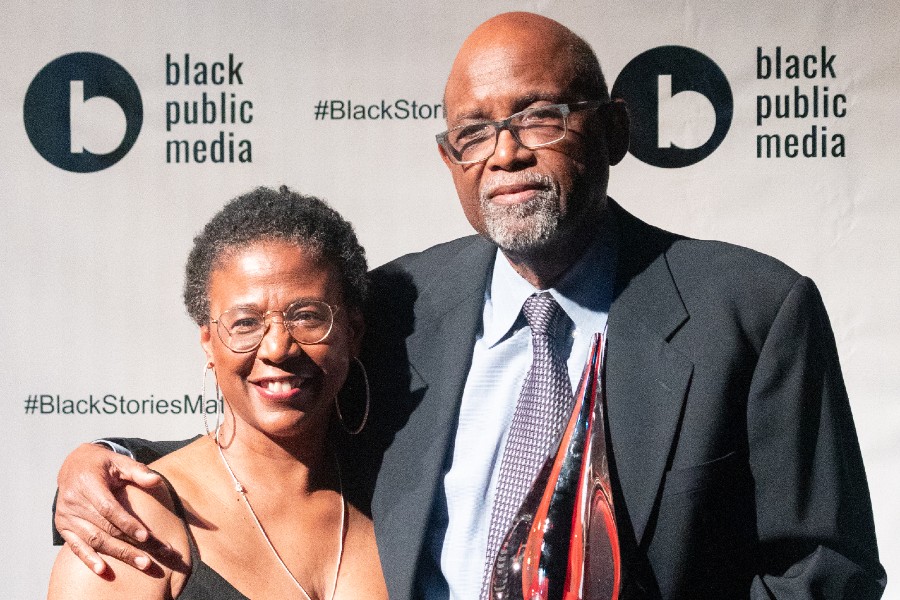
If we put our minds to it, we can collectively improve our financial decision-making.
The most important step is being able to recognize our shopping mistakes and consider how we can avoid and correct them.
Here are 5 common mistakes we make during the holidays that will quickly turn us into The Grinch when our bills arrive.
1. We ignore opportunity costs
Think about transactions in terms of opportunity costs by considering more explicitly what we’re sacrificing for what we’re getting. For instance, we can translate dollars into time, how many hours of wages, or monthly salary, we must work to pay for everything in the end.
2. We mentally account
Holiday spending doesn’t feel like normal spending because it’s for a special occasion! As a result, we treat it differently than other spending and get carried away. The $200 you spend on a train set may be the same as the $200 you spend on heating bills. Budgeting can be useful but remember this simple principle: the money is yours and belongs to you.
3. We avoid pain
Maintaining some pain of paying helps us at least consider the value of our options and the opportunity costs that lie within. The reduction in the pain of paying is a particular curse of Cyber Monday. One-click sales and saved credit card information, all reduce the pain of paying. They make paying easier and make us less aware of our spending. The best solution for the pain of paying may be as simple as “don’t use credit cards.” Realistically, we won’t suddenly stop using credit cards, but we should be skeptical of the latest technologies, especially those that are designed to demand less of our attention and make it easier for us to part with our money.
4. We trust ourselves
Trusting our past judgments, choices, and responses to prices are normally considered a good thing. That’s often not a good idea, particularly in the context of holiday spending. When it comes to spending, trusting past decisions contributes to the problems of anchoring and arbitrary coherence. In addition to questioning the prices others set, we should also question the prices we set ourselves. We should avoid doing something, just because we’ve always done it before. Let’s learn from our prior spending history: is a cinnamon latte really worth $5, is a cable bundle worth $140 per month, the answer is obvious, it’s the mental acuity it takes to get there that’s hard!
5. We overemphasize money
Prices are just one of the many attributes that signal the value of things. They’re not the only reason that matters. Don’t let someone else’s idea of value, that is, the price, be what you grab onto for salvation. A price is just a number, and while it can be a powerful part of a decision, it doesn’t mean everything.
In general, holiday shopping requires research. Go online, investigate, ask around. With the massive amount of information available today we must take the initiative and arm ourselves with knowledge.
PeopleScience is headed by Editor-In-Chief Jeff Kreisler, the bestselling author – with Dan Ariely – of Dollars and Sense: How We Misthink Money and How to Spend Smarter. Listed as one of the top business books of 2017 by, among others, Business Insider, Huffington Post, Audible and The Washington Post – who called it “a brilliant and accessible look at behavioral economics” – Jeff is also a financial columnist (TheStreet.com), recovering attorney (Princeton, Virginia Law), award-winning comedian (“Laugh out loud, roaring” – CNBC, “Hilarious” – Chicago Tribune, “Delectable” – New York Times) and on-air pundit for MSNBC, CNN Headline News, FoxNews and Sirius/XM.
Become a Harlem Insider!
By submitting this form, you are consenting to receive marketing emails from: Harlem World Magazine, 2521 1/2 west 42nd street, Los Angeles, CA, 90008, https://www.harlemworldmagazine.com. You can revoke your consent to receive emails at any time by using the SafeUnsubscribe® link, found at the bottom of every email. Emails are serviced by Constant Contact








